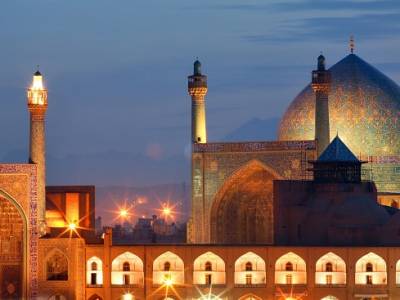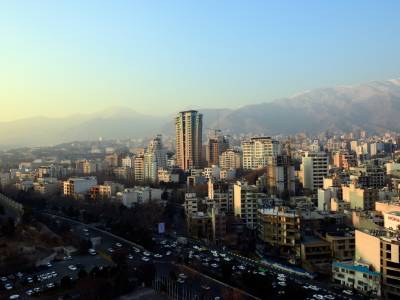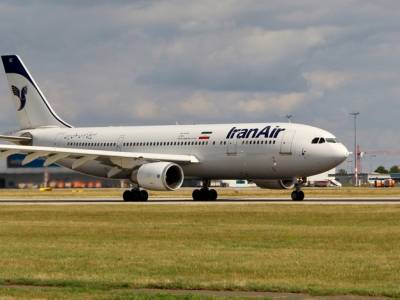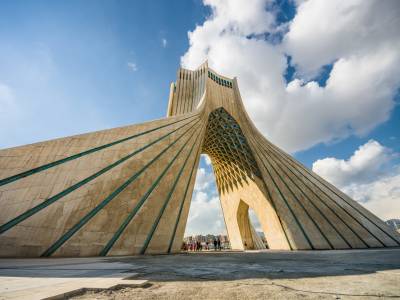-
伊朗
Iran – New Regulations on Transaction of Hard Currencies
20 6 月 2018
- 投资
Currency rate has always been a significant issue in the oil dependent economy of Iran. Therefore, through the last few decades different policies have been adopted by the authorities in order to manage and alleviate the impacts caused by the change of currency rate on growth of the Iranian economy.
The situation regarding the currency market, regardless of conclusion of JCPOA and lifting of economic sanctions against Iran, did not experience much improvement. In fact, during the last few months Iranian currency market has experienced a sudden increase in demand of popular foreign currencies such as United States Dollar (“USD”) and Euro. This chaotic development, also known as foreign currency rate jump crisis, eventually leaded to adoption of a new policy by the Iranian authorities in light of unifying the rate of hard currencies.
New Policy
In light of the above-said developments, on April 11, 2018 the Cabinet of Ministers adopted a new policy in form of a By-law in order to regulate the Iranian currency market and bring order to it. The most important subject within the By-law is paragraph No. 5, establishing a fixed exchange rate – the “Nerkh Mobadelee” – for foreign currencies from April 10, 2018. This fixed exchange rate amounts to IRR 42,000 for each USD and is opposed to the free market rate, which fluctuates according to the rules of supply and demand. Iranian Government recently removed Nerkhe Mobadelee from banking system and forced the market to implement the unified rate, but the enforcement of this unified rate does not meet with the economic conditions of the country and value of IRR and this is causing a paralysis of the economic system.
Import and Export of Goods and Services
According to para. 1 of the By-law, import of all type of goods to Iran weather through Free Industry-Commercial Zones and Special Economic Zones or other entrances is only allowed after order-register. In this respect the Notice No. 9 issued by CBI dated April 14, 2018 states that supply of any currency for the purpose of import of goods to Iran is only possible after the completion of order-register process.
The currency needed for all order-registered goods and services will be supplied through the banking system and authorized exchanges in accordance with the CBI’s regulations. For the implementation of this process a unified platform for exchange of hard currency has been created that is called “NIMA”. Within NIMA four major actors are interacting: goods and services importers as currency applicants, goods and services exporters as currency supplier, banks and exchange offices as intermediaries that direct hard currency from suppliers to applicants and finally the policy maker that determines, among others, currency rate and preference uses of hard currency. In other words, all importers and exporters must supply their needed currency from NIMA or sell their currency through it.
Additionally, if the relevant hard currency is supplied by CBI on the basis of Nerkh Mobadelee, (i.e.: the government fixed exchange rate) but the bill has not been issued yet, the shipping documents must be submitted to the issuing bank within at most six months from the date of supply of the currency; if so, rate of the supplied currency is the basic for the settlement. Moreover, in case of receiving the shipping documents after the prescribed period, admission of the submitted documents is subject to the acceptance of CBI and payment of the difference between the hard currency rate at the time of the issuance of the bill and the date of submission of the shipping documents to the issuing bank (in case of an increase in the rate).
Foreign Currency for Abroad Travels
In accordance with the Notice No. 2 Issued by CBI it is stated that foreign currency for abroad travel is only provided once a year for the amount of EUR 1,000 or its equivalent of other foreign currencies to the passengers at the air outlet boundaries. The amount of foreign currencies provided to passengers to the neighbouring countries and Common-Wealth countries with the exception of Iraq is EUR 500 or its equivalent of other foreign currencies. This foreign currency is only available to the passengers holding an Iranian passport.
Also, entrance of foreign currency to Iran through passengers is only allowed up to the amount of EUR 10,000 or its equivalent of other foreign currencies; entrance of any sums more than that is only permissible in case of declaration in accordance with the conditions sets by CBI.
Allocation of Foreign Currency to Finance Contracts
After adoption of equalisation of foreign currency rate, as explained above, Notice No. 4 issued on April 12, 2018 by CBI provides conditions in respect to the finance contracts in light of the new policy. It states that all payments related to finance contracts including advance payments, repayment of costs etc. from this date is conducted in accordance with the new rate i.e. IRR 42,000 for each USD or its equivalent of other foreign currencies. Also, as to the governmental projects, necessary coordination should be made by the relevant authorities for the purpose of payment based on the new rate.
In addition, regarding those projects that bring foreign currency into country, the project executor must supply relevant foreign currency for the payments.
Currency Exchanges
In light of the new foreign currency polices, para. 13 of the By-law provides for some restrictions on activities conducted by currency exchanges. In this respect, any exchange operation and foreign currency trade outside the conditions provided by CBI is considered as smuggling and will be dealt with in accordance with relevant regulations.
Conclusion
By considering the above it is understood that payment for all import and export transactions related to Iran should be conducted through a governmental controlling channel, imposed by the Central Bank of Iran. Allocation of hard currencies shall also be subject to ratification of the order-register and acceptance of the CBI.
Hence, any Company that is willing to conduct transaction in Iran is advised to remain flexible and adjust itself with these procedures, until further notification and instructions are released in this respect.























